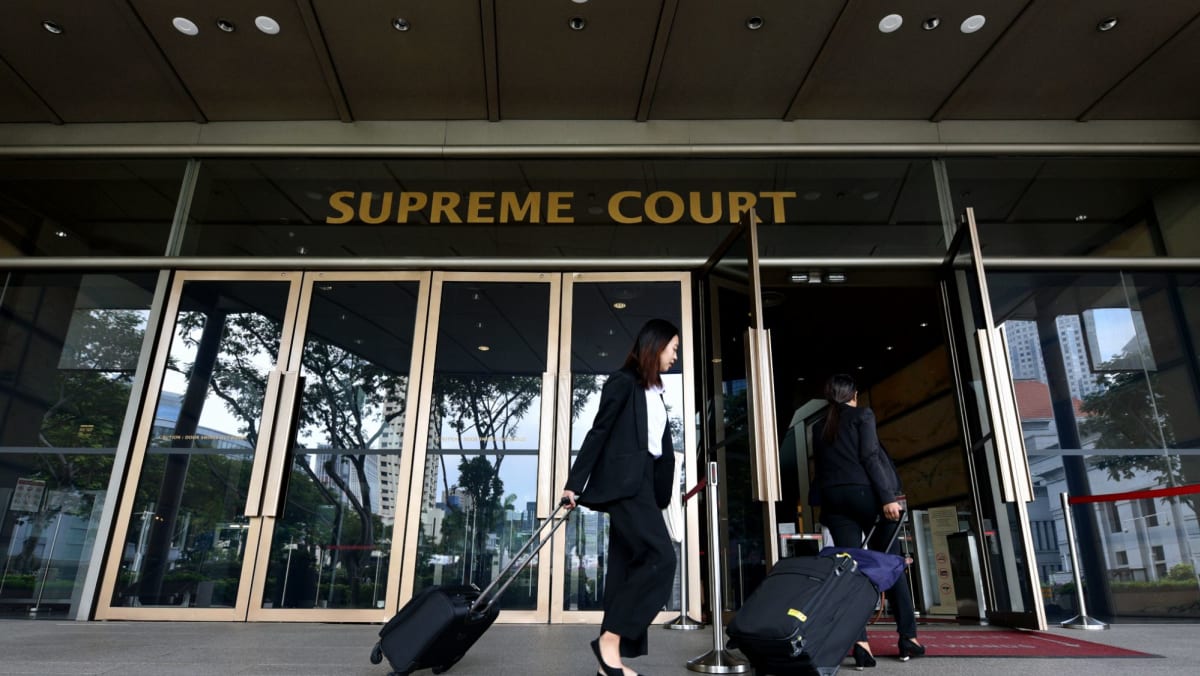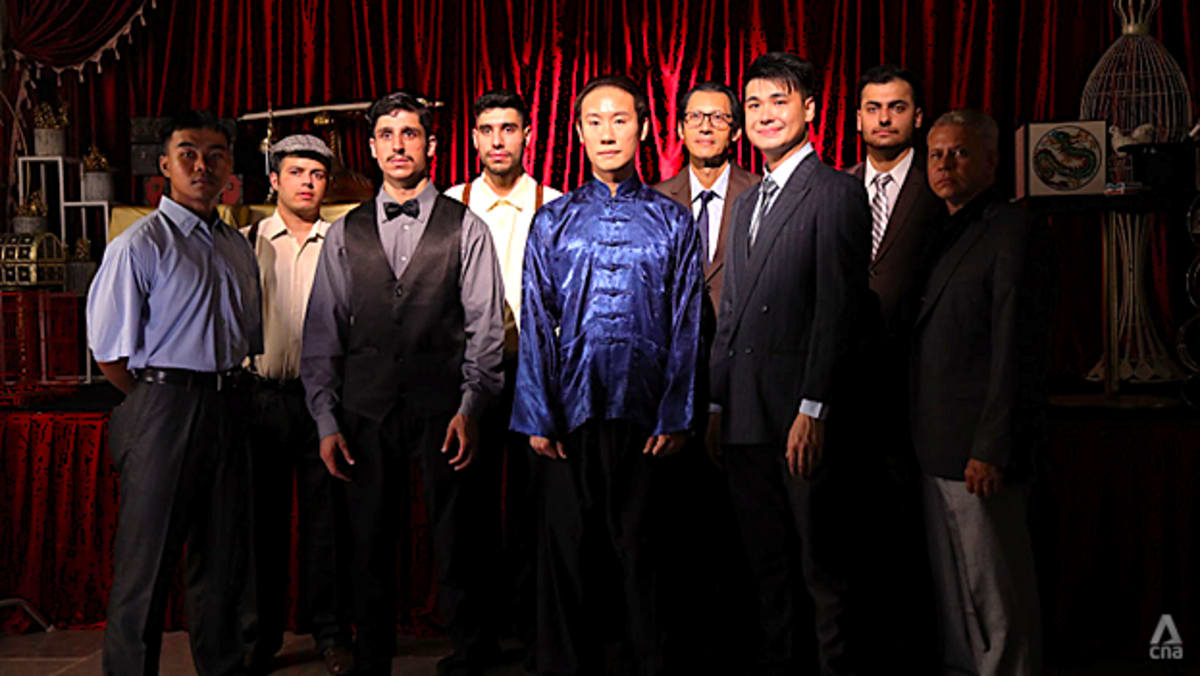SINGAPORE: When an elderly man developed dementia, a court appointed his eldest daughter and youngest son as joint deputies over his personal welfare, property and affairs.
However, the children did not reveal the existence of their father’s mistress throughout the court proceedings. The couple have been in a relationship since 2014.
When the mistress learnt about this, she succeeded in getting herself appointed as a joint deputy too, but failed in getting the children’s deputyship revoked.
She attempted to appeal against this decision, but her case was deemed withdrawn after her lawyer missed a court deadline to file documents.
On Friday (Dec 20), a High Court judge reinstated the woman’s appeal against the lower court’s decision not to revoke the children’s deputyship.
Justice Choo Han Teck said that by not disclosing the mistress’ existence, the children had fundamentally limited the court’s assessment of their father’s best interests, as it was not able to balance his interests vis-a-vis her.
In doing so, the children had “deprived the court of a different choice of deputy” in the woman, said the judge.
“Leaving aside for a moment the question of their intentions … the effect of this non-disclosure was that the court was limited in its range of alternatives to give effect to the best interests” of their father, he said.
The case raised “important issues which would benefit from the clarification of a higher tribunal”, added the judge.
This was because the question of whether the children’s deputyship should be revoked for not disclosing relevant facts to the court was a separate issue of inquiry.
The man, now 71, has been in an extramarital relationship with his mistress, now 62, since 2014. That same year, he separated from his wife and moved in with his mistress.
Between 2015 and 2022, the man and his mistress travelled together at least 24 times, the judge noted. He was diagnosed with dementia in January 2020 and has since lost mental capacity.
The man’s wife filed for divorce in April 2021.
The man’s children were granted joint deputyship in September 2022.
The court only learnt of the mistress’ existence when the children applied for an order to prevent her from having access to their father.
The woman then learnt of the legal proceedings when the court summons was served on her.
She proceeded to make two applications – one to revoke the children’s joint deputyship, and one for an interim order to be added as a third deputy. A district judge dismissed the first application and granted the second.
The children and the mistress appealed the parts of the decision that went against them in December 2023. They started settlement discussions but were unable to resolve their dispute.
The court hence directed them to submit the cases for their appeals by Oct 8.
The woman’s lawyer, Mr Manickavasagam R M Karuppiah Pillai, missed this deadline, and her appeal was deemed to have been withdrawn two days later on Oct 10.
On Oct 18, the woman applied for a time extension to file the required documents. This was the application before Justice Choo.
Mr Manickavasagam accepted that the fault for missing the deadline was entirely his.
He explained that the oversight was due to poor health, as his skin and eyesight were affected by his diabetes, and he also sustained a fall that led to four days of medical leave.
“I sympathise with Mr Manickavasagam’s health problems, but they are scant justification for his non-compliance with the timelines,” the judge said, as the lawyer was already aware of his vision problems but did not object to the deadline.
Justice Choo then moved on to the merits of the mistress’ intended appeal.
He said that while it may have been appropriate for the court to appoint the children as the deputies if they were the only applicants, this may not necessarily be the case if the court knows of someone else who could serve as the deputy.
Justice Choo said the lower court that dismissed the woman’s application to revoke the children’s deputyship seemed to “presuppose” that it would be in the man’s best interests to appoint the children.
The court did not consider the possibility that the man’s best interests could be served by appointing the woman as sole deputy, he said.
“These are issues which can only be determined with the benefit of argument and evidence, which are not before me,” he added.
He found that “the justice of the case” required the mistress’ appeal to be reinstated so that the option of appointing her as sole deputy would remain open to the appeal court.
This would allow the appeal court to have the full range of options to serve the man’s best interests in line with the Mental Capacity Act, he said.
The children’s lawyer, Ms Eva Teh, argued against reinstating the woman’s appeal by saying that it would delay the hearing of her clients’ ongoing appeal.
She argued that any delay would likely result in continued disruption to the elderly man and difficulty for his caregivers.
“In my view, the nature of proceedings under the Mental Capacity Act is such that reaching the correct decision as to who should look after (the patient) is far more important than a convenient outcome,” said Justice Choo.
He therefore granted the mistress’ application to restore her appeal and gave a new timeline for her to file the documents.
He also asked Mr Manickavasagam to show cause as to why he should not personally bear the costs of the current proceedings.














